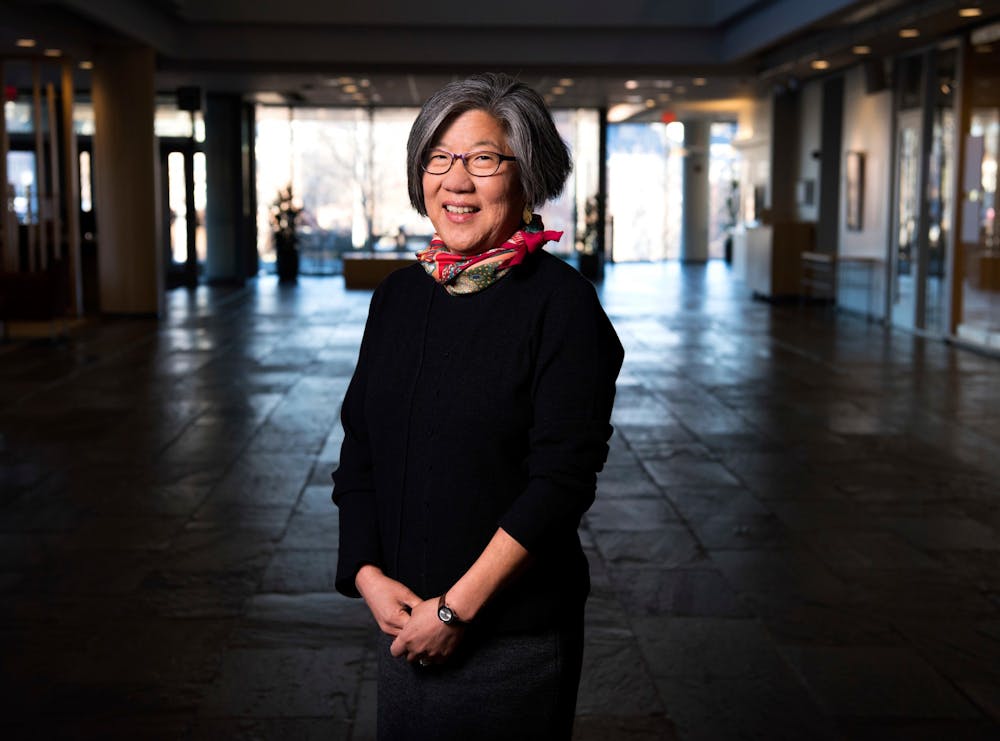Anna Wu, associate vice chancellor for Facilities Services, retired Thursday after a 28-year career at UNC.
Staff writer Ashley Quincin sat down to talk with her about her time with the University. This interview has been edited for brevity and clarity.
The Daily Tar Heel: For readers who aren’t familiar with UNC Facilities Services, how does it contribute to the livelihood of the University? What is your role as associate vice chancellor?
Anna Wu: Finance and Operations likes to say that we make the campus go, and Facilities on the operational side is charged with maintaining all the grounds and buildings. On the planning, design and construction side, we’re charged with the Master Plan, implementing renovations, new projects here on campus, so really shaping the physical environment of the campus. I like to think that that really contributes to the sense of place at Carolina, which I think is a major appeal for why students come here. We really are stewards for the physical environment here at Carolina. My role is really having the opportunity to work with the hundreds of people on campus who contribute to that mission.
DTH: You’ve been with the University since 1995. In those years, what are some of the highlights of your career?
AW: I would say that the campus I arrived at is very different from the campus I’m leaving. Some of that is there are more women in the workplace, there is more opportunity for our development and growth. Certainly, because I focus on the physical aspects of it, the campus has changed a lot. I had the good fortune to start as a project manager and work on some projects. Lenoir Hall, for example, might seem a little tired around the edges, but in ‘96-‘97, we shut it down for a year and did a comprehensive renovation to that building. Aycock (now McClinton) and Graham were two buildings that were not always connected. I worked on that renovation and the connection to that residence hall, and we used that connector as an opportunity to introduce an elevator and to provide more common space.
DTH: What sort of advice would you give to women who are looking to be architects, especially in a field that’s not so dominated by them?
AW: It’s a changing field. So there are certainly more women architects, women studying architecture, and there are more women practicing architecture than when I arrived in the profession, which was many years ago. One thing that I’ve done is I’ve spoken with women, either students or young practitioners, to encourage them to realize the breadth of the profession and that you can practice in multiple and many ways. And also to be flexible, and to give yourself some grace, because there are going to be periods when your career trajectory and your path may change. But I think that your path is yours to design. And it can happen on any time frame. There is no time clock.
DTH: How does Facilities Services handle accessibility on campus?



